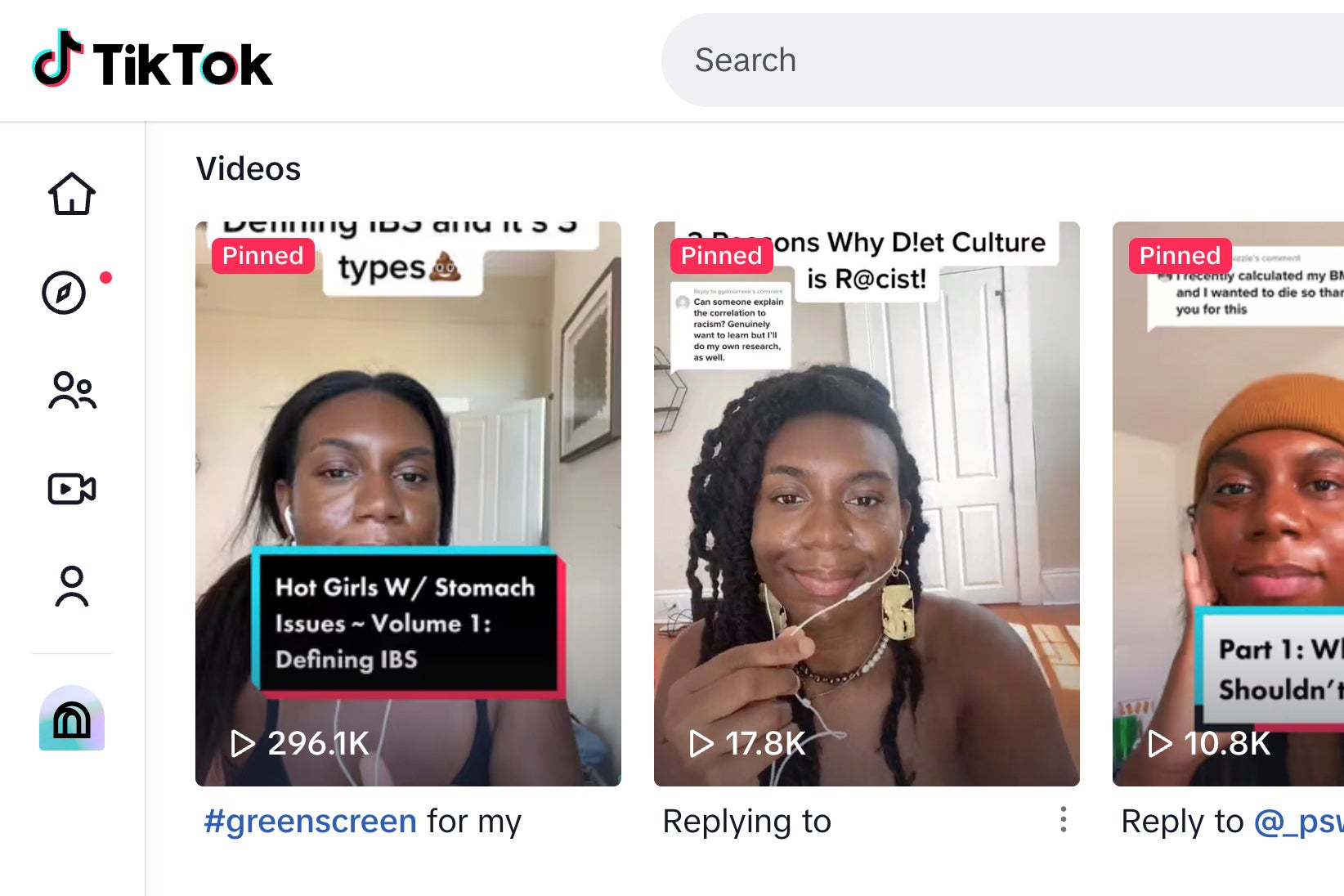IBS and digestive trouble are in the spotlight on social media. Here's what you should know
Spend some time on TikTok and you'll see loads of people talking about digestive troubles like irritable bowel syndrome

Are you spending more time in the bathroom than you’d like? Loads of TikTok posts show you’re not alone.
Young people, especially women, are increasingly talking on social media about gastrointestinal distress, such as irritable bowel syndrome or chronic bloating. Some experts say that’s mostly a good thing, because it may help others seek help for a topic that has been taboo.
But they stress it’s important to realize that many people are being paid to promote sometimes unproven products and there is rampant misinformation. Here’s what else medical professionals suggest you do if you’re experiencing digestive discomfort.
Why are more young people talking about digestive problems online?
It’s not clear whether there’s a rise in digestive troubles overall. Some experts attribute the trend to an uptick in anxiety after the pandemic in an already-anxious generation.
Ample research and science shows that our brain and gut are connected through nervous systems. That means when your brain is anxious or you're feeling depressed, it can relay those signals to your gut, which can make it harder for your gastrointestinal tract to function properly.
The causes of irritable bowel syndrome are unknown, but experts say the nervous system has a big effect on the condition and stress can make symptoms worse.
Dr. Nina Gupta, a gastroenterologist based in Chicago, said managing her patients’ conditions often includes managing their mental health.
When should you go to the doctor?
That depends on the level of your discomfort, said Dr. Uma Naidoo, Massachusetts General Hospital's director of nutritional and lifestyle psychiatry. She studies the connection between food and the brain.
Abrupt changes in bowel habits are concerning, she said, and may require further evaluation.
“For example, someone that didn’t really have digestive issues as a child or throughout their life and then all of a sudden is finding a very severe and significant change in their bowel habits,” she said. “These are all things that we would want someone to talk to their doctor about.”
And if you see blood in your stool — no matter the quantity or degree of frequency — or have ongoing diarrhea for more than a couple of weeks, seek care immediately.
What can I do to relieve digestive pain?
Naidoo said some mindfulness practices like stress management, meditation and breathwork can help. Food sensitivities can trigger IBS symptoms, so adjusting your diet and exercising more also may make a difference.
“Simply doing something like finding a good probiotic that they take, or adding probiotics and fermented foods to their diet slowly and steadily can be good,” she said. “Stress management is a huge part of this. In combination with dietary adjustment, it can be very powerful.”
However, if symptoms worsen or are unmanageable at home, that should be a sign to seek professional help.
___
The Associated Press Health and Science Department receives support from the Robert Wood Johnson Foundation. The AP is solely responsible for all content.
Bookmark popover
Removed from bookmarks